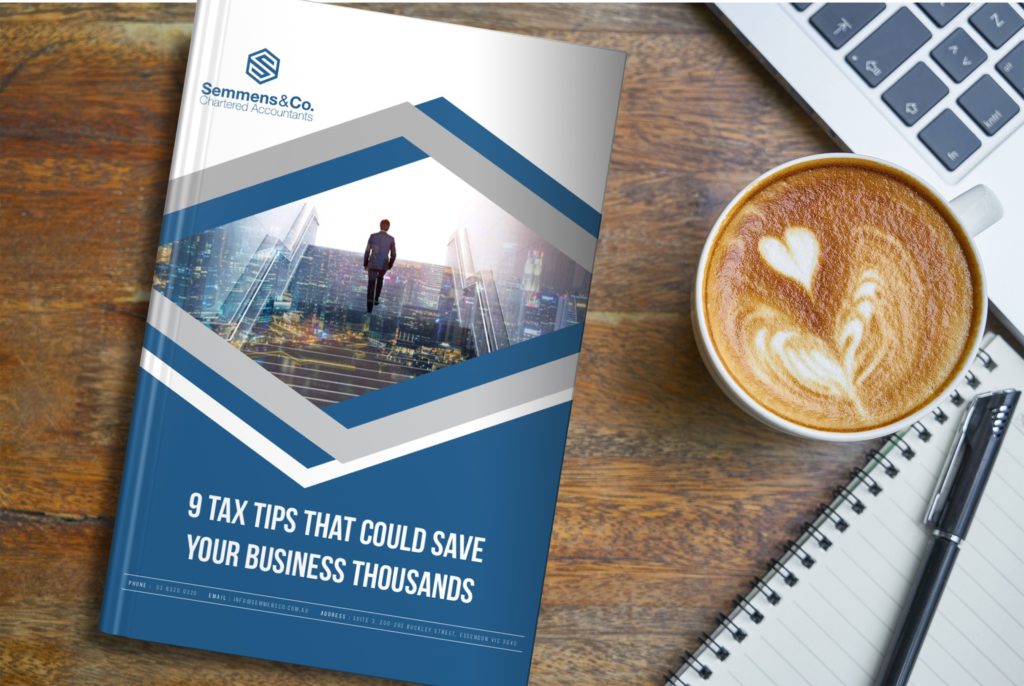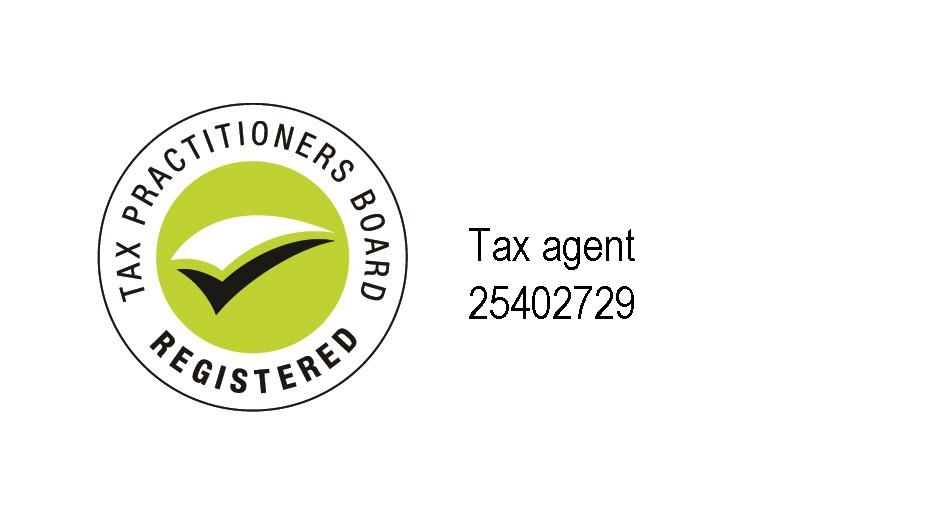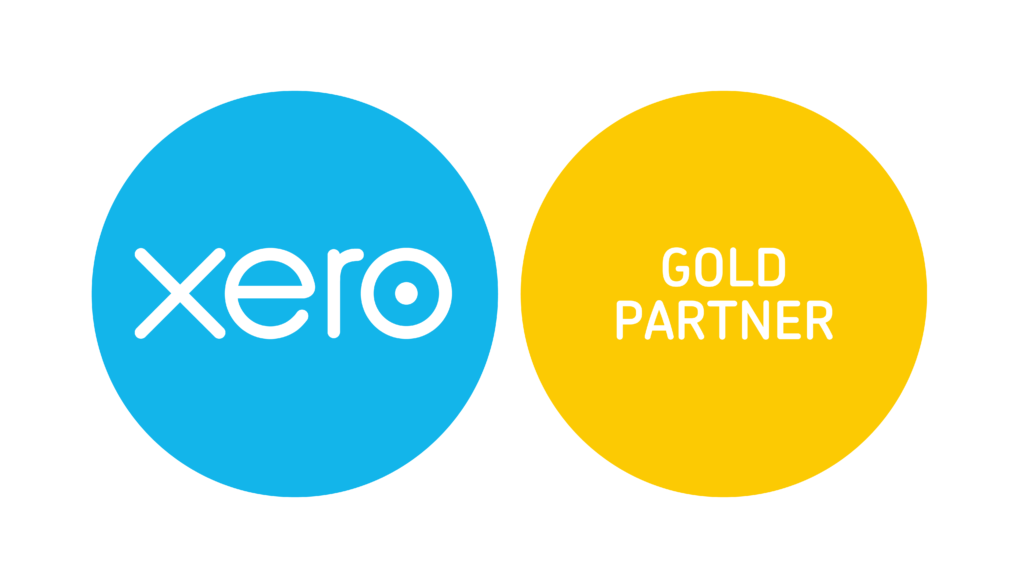The 5 Keys To Improving Your Finances

What is Financial Literacy?
Financial Literacy is our ability to understand how money works in the real world: how we earn it, manage it and spend it sustainably. The more financially literate we are, the more informed we are about what we can accomplish with the money. This is important because if we can apply these key strategies (to manage the way we save, spend and give) we are more likely to have a successful financial future, and one that is sustainable – for ourselves and our families.
How Financially Literate Are We?
If you consider the research and findings in Standard & Poor’s Global FinLite Survey, on the surface we Australian’s are not bad. Australia, Canada, Denmark, Finland, Germany, Israel, the Netherlands, Norway, Sweden and the United Kingdom, ranked highest in financial literacy rates across the globe, with 65% or more of adults classed as ‘financially literate’. On the other end of the spectrum, South Asia was home to countries with some of the lowest financial literacy rate, where only a quarter of adults—or fewer—are deemed ‘financially literate’.
However, on closer inspection of the survey data, Australia was ranked higher than any other country surveyed for the gap in financial literacy between rich and poor. While three-quarters of Australian adults living in the richer 60% of households were deemed financially literate, only half those in the poorest 40% of households made the grade.
Furthermore, we ranked equal fifth for the greatest gap between the financial literacy of Australian men and women.
And it’s not just individuals that are hamstrung by poor financial literacy. In research conducted by Intuit Financial Services, just 42% of Australian start-up owners managed to score 50% or better when tested on basic financial literacy – with significant differences between genders and generations.
According to the latest OECD PISA financial literacy test results, fewer than one in three 15 year old’s have enough financial knowledge to ‘signal the kinds of knowledge and skills that are essential for managing a bank account or a financial task of similar complexity’.
What Are The Impacts of Poor Financial Literacy?
“Without an understanding of basic financial concepts, people are not well equipped to make decisions related to financial management.” That’s how Standard and Poor’s put it when introducing their global financial literacy survey.
Insufficient savings and bad financial decision-making present a major challenge for people with poor financial literacy. The financial world is becoming more complex and the digital revolution, whilst making product and information more accessible, is also making it more difficult to decipher fact from fiction. Financial responsibility for old age provisions has shifted from Government to the individual themselves. Regulatory requirements are becoming more detailed and data matching is taking things to a whole new level. Young people are favouring digital financial services. Today, the level of change from one generation to the next has created a challenging financial landscape. And without a sound education it is difficult to know how to make a good choice. This calls for an increase in early education on finance – ensuring that we raise our children to make savvy financial choices.
In our daily work, we often speak with people who have varying degrees of financial literacy and it can be heart-breaking when we meet people who’ve had bad experiences with unscrupulous finance providers. And sadly, most often the issue is that they simply didn’t know the questions to ask.
We believe that having some basic financial training/education will have a direct impact on your ability to make wise financial decisions. The three keys are to save successfully, budget wisely and invest smarter.

Here are the five key concepts to work on in order to improve your financial literacy. They won’t be easy to master but with practice, they will benefit you for life.
Budgeting
Creating and maintaining a budget is one of the most basic aspects of staying on top of your finances. In this modern day, it’s easier than ever to create a budget with the help of apps like Mint, PocketGuard and YNAB. Thanks to these user-friendly apps, everyone can get help with keeping their finances on track. And, when utilized properly, they’ll keep you in the know about where your money is actually going.
Without adhering to a budget, it’s difficult to hold yourself accountable on where your money is coming from and where it’s going to – so mastering budgeting is where you should begin.
The Impact of Interest
You may have touched upon compounding interest in maths class all those years ago – but were you paying attention? It’s important to understand the concept of interest and how it is applied on varying financial products. Why? It can help in two ways: a) by not spending money on interest, you will save more and b) it can mean the difference between borrowing a small amount and paying back much more. Understanding the ins and outs of interest can impact your finances more than you may realize, so it’s an important concept to understand early in life.
Saving
Saving is uber important in maintaining a healthy financial situation. In today’s world, people don’t prioritize saving as much as they should. For example, it’s easy to ignore things like retirement, as it seems so far away – until you turn 50 and realise there aren’t many working years left.
Learning to save early on can help you gain the knowledge, practice and set of skills you’ll utilize throughout your entire life. Beginners (and children) can start working on learning this concept in the simplest sense, like saving money for a higher-priced item they want. Working toward a goal is the key. We need learn that there’s a lot of value in being able to purchase items you really desire. This will teach you the satisfaction that comes with mastering diligence and patience.
Credit and Debt
This vicious cycle can create a disastrous downward spiral. It is important to know in life that it’s much easier to lose credit than gain it. And sadly, if you tarnish your credit rating it has long lastly effects and make it difficult to get credit well into your future – when you really need it.
Credit can be an extremely useful tool – if it’s managed correctly. Making rash decisions when you’re young will cost you throughout adulthood. For this reason, it’s important to grasp the concept or credit and repayments early in life and practise responsible credit habits in your younger years.
Theft & Safety
In these digital times, identity theft and financial fraud are becoming increasingly common. Today, just about everyone has shopped online. When you do this your financial information is more vulnerable to fraud and theft. Understanding preventative measures like password protection and limiting the amount of information shared online is paramount to maintaining safe accounts. While it’s not a fool proof (people can practise safe online habits still be compromised) aim to safeguard your bank account as best you can.
Would you like to know how financially literate are you? Take this quiz to find out how you compare to other Australians by following this link.
Like more information on financial literacy? If you have any questions or need advice and clarity specific to your business, feel free to contact Semmens & Co on 03 8320 0320 for a free consultation. If you’re looking for more information on how to maximize tax benefits for your business, download our e-book Top 9 Tax Tips That Could Save You Thousands or, learn more about these strategies by registering to attend our webinar.







